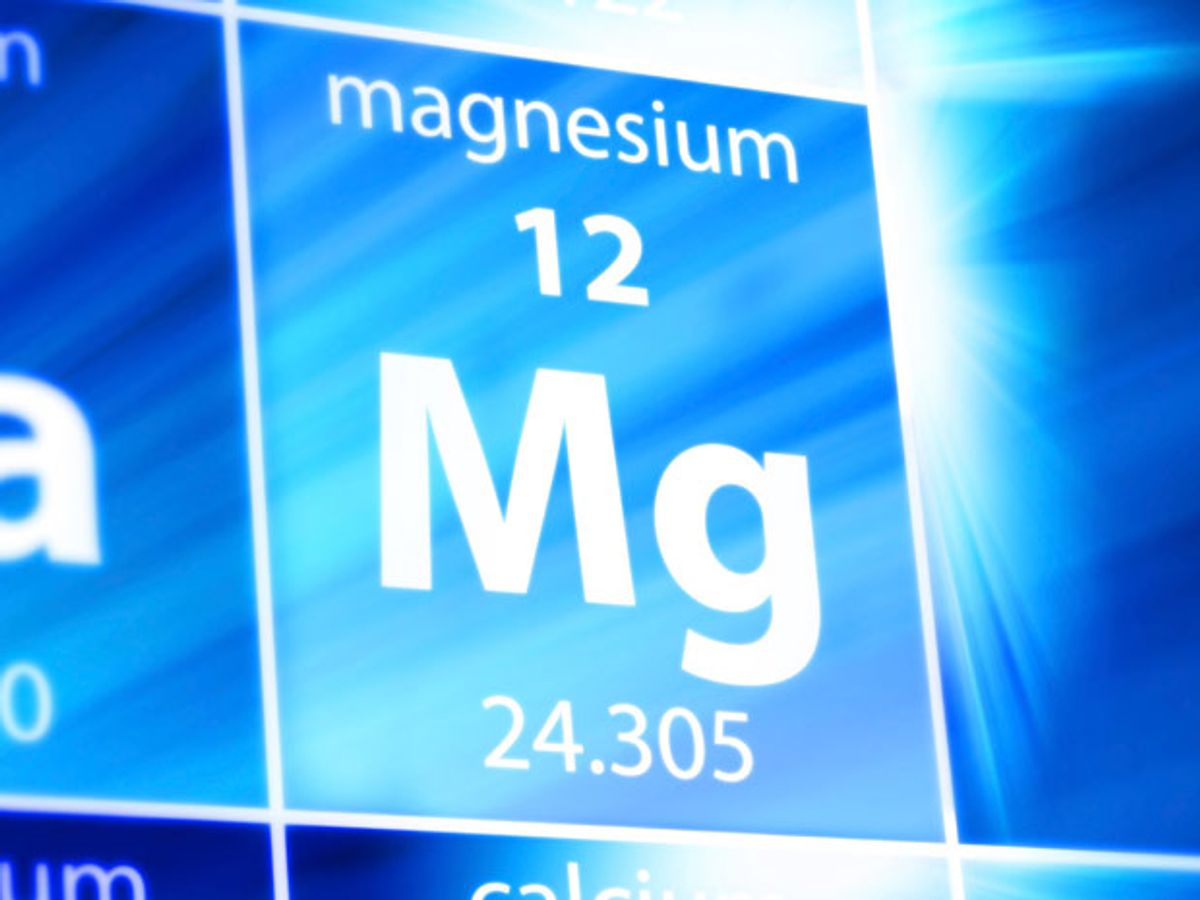Back in January, when lithium-ion batteries powering the electronics in the Boeing Dreamliner aircraft caught fire, the news came as a shock to many. The culprit was the lithium in these rechargeable batteries. It easily ignites when, for example, oxygen is released inside the battery. Batteries made with magnesium are less flammable because a protective layer of magnesium oxide covers the metal. However, it’s not just the lower likelihood that they could turn into tinder boxes that makes magnesium batteries interesting as an alternative to their lithium counterparts. The magnesium ions in the electrolyte also carry a double positive charge, increasing the amount of charge that can be stored by a battery of a given size. Manufacturers of electrically powered cars are especially interested in a workable magnesium-ion battery, but a commercially viable formulation has eluded researchers up to now.
Now a research team led by Fei-Yi Hung, Chun-Shing Lu and Li-Huei Chen from the Department of Materials Science and Engineering at National Cheng Kung University (NCKU) in Tainan, Taiwan, claims that it has developed "next-generation" magnesium batteries that could replace lithium batteries. “We control the reduction-oxidation effects by magnesium membrane electrodes and magnesium powder electrodes technology to increase the magnesium battery prototype’s stability.” Hung is quoted in EnergyTrends, a Web publication based in Taiwan and China. Hung adds that, “A magnesium battery’s capacity is 8 to 12 times higher than a lithium battery. In addition, its charge-discharge efficiency is 5 times higher.”
One of the lingering concerns that troubled engineers looking to design a magnesium battery has been fears over the high reactivity of magnesium. David Prendergast, and Liwen Wan, both researchers at Lawrence Berkeley National Laboratory in California, published in October the results of supercomputer simulations showing that the reactivity of magnesium is not a hindrance at all. The existing misconception, that magnesium ions would form complex coordination compounds that would hinder the motion of the ions through the electrolyte, proved wrong. Their simulations indicated that the ions formed only four coordination bonds instead of six, making a magnesium-ion coordination complex much smaller and more efficient than was expected.
Their finding should encourage the Taiwanese team and other research groups, which should lead to a diversity of approaches, according to Prendergast. One of the remaining problems is working out the chemistry for solutions that have cathodes, anodes, and electrolytes which are mutually compatible. "The hope is that we can come up with a set of prototypes that we can at least propose and then vet them against each other, and try to come up with a working combination," says Prendergast.



